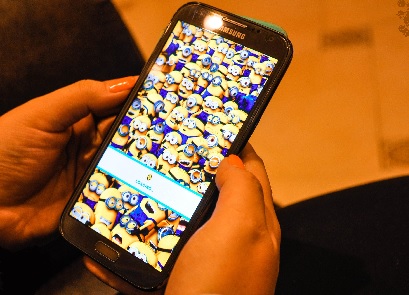This new recruitment technique has been gamified to help to reduce the risk of unconscious bias.
Unilever has announced a new mobile gaming strategy it has launched as a part of its new hire selection process. They have added this new technique in order to promote diversity while speeding up the process as a whole and reducing the cost of hiring.
This giant consumer goods company is launching the process in the UK following success in other countries.
Unilever has already implemented similar mobile gaming strategy programs in the United States and Asia. They have proven to be successful for hiring new staff in those regions. The British and Dutch company is now expanding the program to save money and time while limiting the risk of unconscious bias when new staff is hired. Considering the fact that last year saw applications from 250,000 graduates around the world, this is an important step. The strategy brings mobile games together with video interviews.
Unilever says this mobile gaming strategy for hiring represents the first fully digitized recruitment process.
 That said, other companies have used mobile gamification to help the process. For instance, Vodafone, L’Oréal UK and Ireland, Microsoft, and Ernst & Young. Those brands each use the Debut mobile app as a part of their hiring process.
That said, other companies have used mobile gamification to help the process. For instance, Vodafone, L’Oréal UK and Ireland, Microsoft, and Ernst & Young. Those brands each use the Debut mobile app as a part of their hiring process.
In Unilever’s case, new applicants complete an online application form. Those who do so successfully then receive an application to play a number of games for a maximum of twenty minutes. Those with the best results are selected to receive a video interview. The applicants who are preferred during that phase move on to the final stage. In that stage, they take a virtual tour of the Unilever offices and experience a virtual collaboration. This provides them with an idea of how it feels to work within one of the company’s real environments.
The mobile gaming strategy for hiring was, in part, a response to data such as that produced by University College London and the Monster employment website. That research indicated that nearly half of all firms use video interviews as a component of their selection process. Moreover 7 percent no longer conduct face-to-face interviews. This occurs, despite the fact that it could promote appearance-based discrimination.


